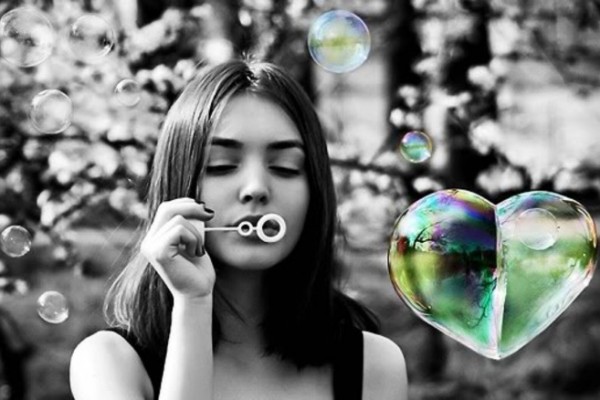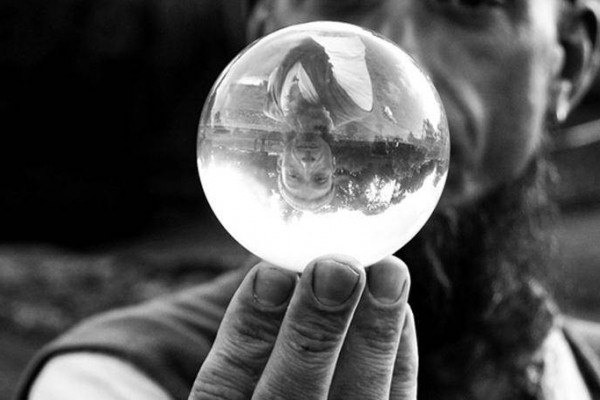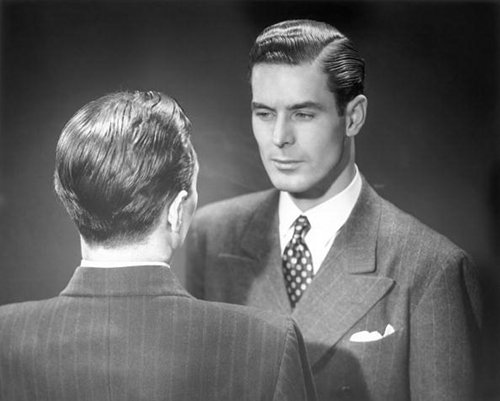Eye contact is one of the most influential factors in our lives from birth to death. Everything from our romantic relationships to our position in society is affected by the amount of eye contact we engage in. This influence can make us appear more attractive, likable smart, dominant, recognized, and improve our chances of being told the truth. Here are nine ways visual communication determines your success in life.
1. Mojo
Dr. Kerstin Uväs-Moberg, the author of The Oxytocin Factor, tells us eye contact is one of the defining moments of infatuation. It is through a locked gaze with someone from across the room, we first discover the pleasure of an Ocytocin brain bath, which produces feelings of connection, love, and sexual desire. Research suggests one of the best ways to reconnect with a partner after a fight, is to look them in the eyes. It’s far better than roses, chocolates, and may even keep you out of the doghouse indefinitely.
2. Likability
Researchers at the University of Aberdeen (UK) report that even if someone has a less than welcome expression, as long as they are actively engaging in eye contact, they’ll be liked. It doesn’t matter if a person is smiling or frowning, if they make a conscious effort to look at others, they will be perceived as more friendly and approachable. No amount of smiling, however, appears to make up for a lack of eye contact.
3. Honesty
According to a recent study, there is truth to the old adage, look me in the eye and tell me that again. It is more difficult to lie when looking at someone, then when averting your gaze. Researchers claim this could be due to an inner dialogue, fearing our eyes are giving us away, as if they really are the windows to our soul. While it may be difficult to ask someone to look you in the eye, research suggests by looking directly at the person you seek the truth from, it should elicit a more honest response.
4. Recognition
Whether in business or making new friends, people are always looking forward to gaining recognition. According to multiple university studies, eye contact not only makes our face more memorable, it also elicits an engaging response from the brain, urging it to pay better attention. The brain will become more emotionally attached and involved in any conversation, as long as good eye contact is made.
5. Problem Solving
While eye contact can improve concentration, when engaging in heavy thinking or problem solving, studies show it can actually work against us. If you need to answer a difficult question, by averting your eyes for a moment, you can designate more of your available brain power to the task at hand.
6. Emotional Balance
Eye contact establishes the appearance of confidence and a stability. One of the most obvious traits of autistic people is their lack of eye contact. Research suggests they may perceive eye contact as a threat. It is this lack of social graces that creates more difficulty in their lives than the disease itself. People without autism can have a similar fear of eye contact, which will only hinder the quality of their relationships.
7. First Impressions
According to study’s, eye contact has the power to put us under the shelter of rose colored glasses during a first impression. In other words, an interesting party will perceive us as more attractive and intriguing after sharing moderate eye contact. In these instances, the attention given is perceived as a reward. Not only do we prefer to look at people we find attractive, if they look back, it makes us feel special. This leaves a very positive impression for the next time our paths cross.
8. Dominance
Ever wonder why some people leap up the corporate ladder, while the others crawl? According to research, eye contact is one of the fundamental forms of establishing social order in society. Born leaders use eye contact to control and dominate, just as a male Gorilla uses his gaze to control his harem. Superior eye contact can translate into a raise or promotion, and it can also become a threat to other dominant personalities. Researchers say we are constantly engaging in unconscious stare down’s with colleagues, deciding our eventual position in the company.
9. When in Doubt, Match Eye Contact
David Alssema, a body language expert, says too much or not enough visual communication can make the difference between a successful date or job interview. Whenever you’re in doubt of the right amount, David recommends matching the other persons eye contact. This way you can’t go wrong.
(Article originally appeared in Urban Male Magazine)




